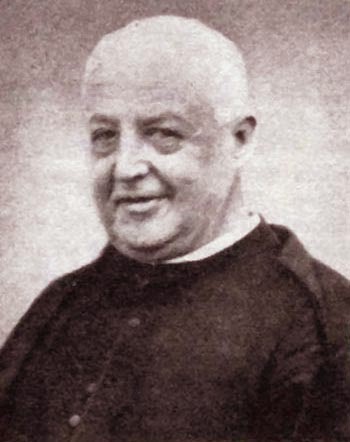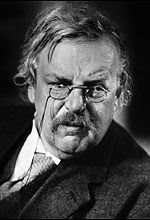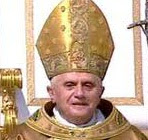
When "the failure of the Churches" is discussed in public print, our well-meaning advisers always insist, with a somewhat wearying reiteration, on the need for a more comprehensive Christianity, which shall get away from forms and ceremonies, from dogmas and creeds, and shall concentrate its attention upon those elementary principles of life and devotion which all Christians have at heart. Each prophet who thus enlightens us makes the curious assumption, apparently, that he is the first person who has ever suggested anything of the kind. As a matter of fact, the brazen lungs of Fleet Street have been shouting these same directions at us for a quarter of a century past. And have "the Churches" taken no notice? On the contrary, as I have suggested above, the pilots of our storm-tossed denominations have lost no opportunity of lightening ship by jettisoning every point of doctrine that seemed questionable, and therefore unessential; hell has been abolished, and sin very nearly; the Old Testament is never alluded to but with a torrent of disclaimers, and miracle with an apologetic grimace. Preachers of the rival sects have exchanged pulpits; "joint services" have been held on occasions of public importance; even the inauguration of a new Anglican cathedral cannot take place nowadays without a fraternisation of the Christianities. In hundreds of churches and chapels everything has been done that could be done to meet this modern latitudinarian demand. And the result?
The result is that as long as a man is a good preacher, a good organiser, or an arresting personality, he can always achieve a certain local following; and among this local following a reputation for broad-mindedness stands him in good stead. But the ordinary man who does not go to church is quite unaffected by the process.
He thinks no better of Christianity for its efforts to be undogmatic. It is not that he makes any articulate reply to these overtures; he simply ignores them. Nothing, I believe, has contributed more powerfully to the recent successes of the "Anglo-Catholic" movement than the conviction, gradually borne in upon the clergy, that the latitudinarian appeal, as a matter of experience, does not attract. Dogmas may fly out at the window but congregations do not come in at the door.
--Msgr Ronald Knox,
The Belief of Catholics, 1927














